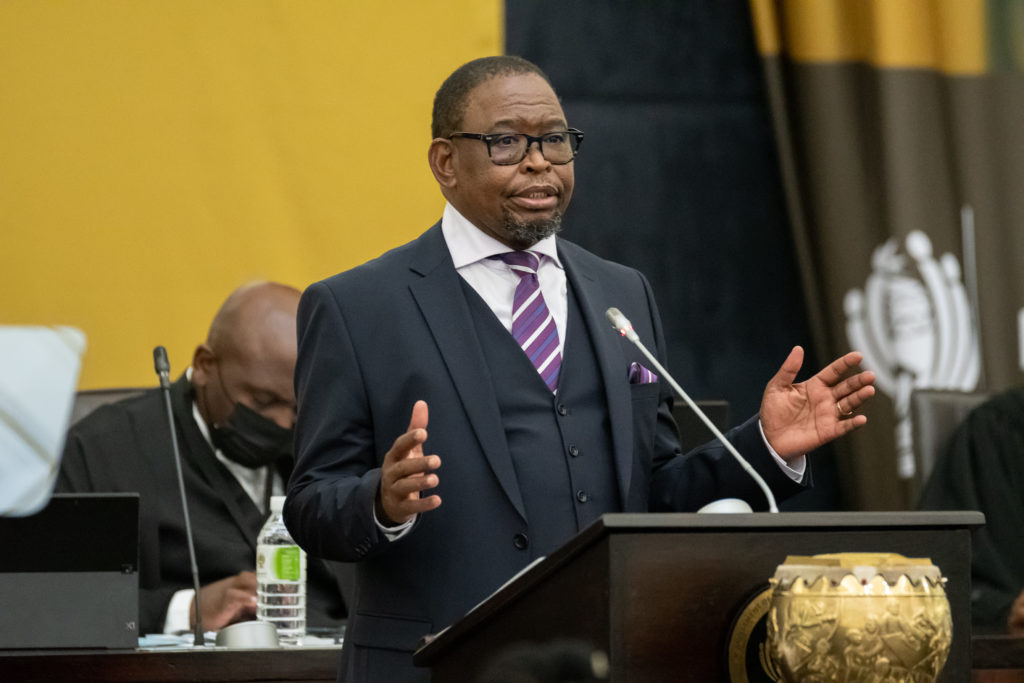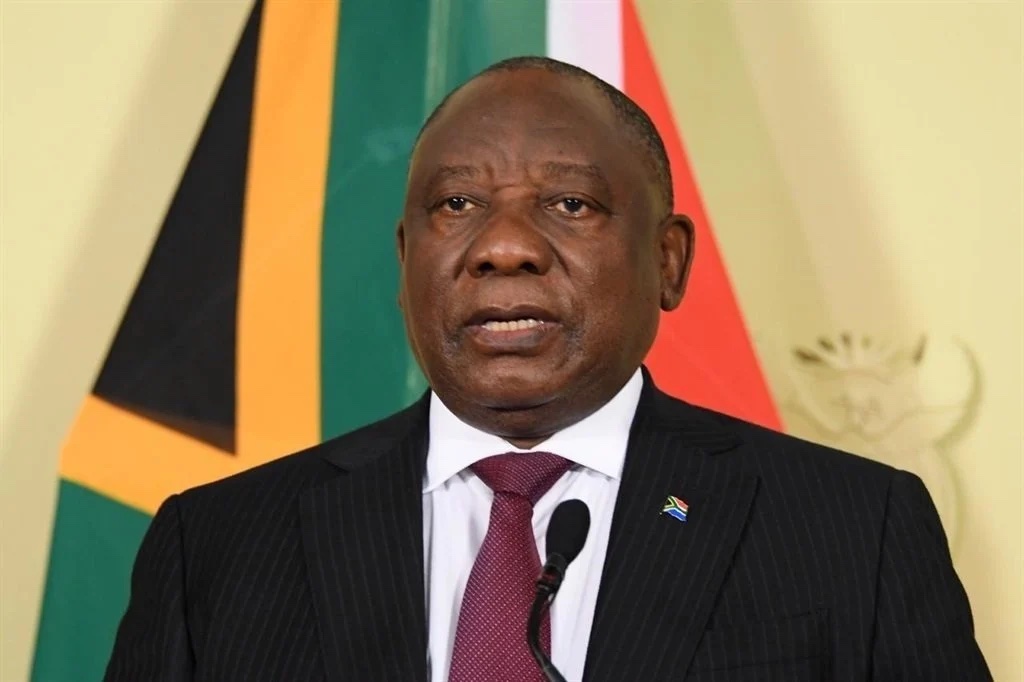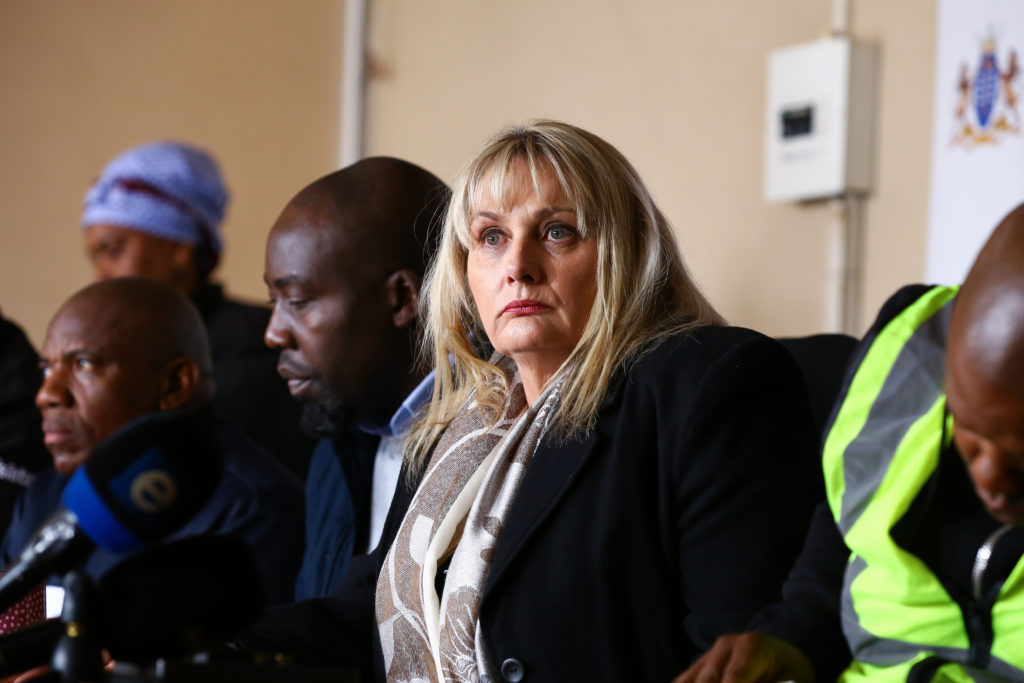Hello, here’s what’s in the opinion pages today:
- The medium-term budget will be better received than the UK’s disastrous one presented last month.
- Godongwana will have to deal with the failed Gauteng e-toll system.
- The budget needs to break with previous fiscal policy and mark a return to restructuring the economy.
Medium-term budget likely to show fiscal consolidation
Annabel Bishop writes that South Africa’s “mini-budget” is likely the be far more successful than the one delivered in the United Kingdom on September 23, which sent the markets into a spin with its proposal of slashing taxes with no way to fund them. Bishop writes that a rise in debt ratio for the government due to it transferring some of Eskom’s debt onto its balance sheet is unlikely to be a large concern for credit rating agencies. Bishop writes the budget is likely to show fiscal consolidation but the impact on local markets will be diluted by the risk-averse global markets. Read more here. (Business Day, for subscribers)
Godongwana’s budget is D-Day for failed e-tolls
The Citizen writes in an editorial that one of the pressing issues finance minister Enoch Godongwana will have to deal with is what to do with Gauteng’s failed e-toll system. The minister is expected to scrap the system with the newspaper quoting Organisation Undoing Tax Abuse (Outa) chief executive Wayne Duvenage as believing “the government sees the inevitable”. Interestingly, the publication notes, had government implemented a 30 cents Gauteng-only fuel tax back in 2013 when e-tolls were introduced, it would have already funded the Gauteng Freeway Improvement Project. Read more here. (The Citizen)
The Medium-Term Budget Policy Statement needs to break with our recent and current failed national fiscal strategy
Zimbali Mncube and Vuyisiwe Mahafu write that the 2022 MTBPS should mark a departure from previous budget policy statements and instead make clear commitments towards restructuring the economy by investing heavily in comprehensive social security, public services, and social and economic infrastructure. The pair argue that Godongwana’s maiden MTBPS last year marked a continuation of the treasury’s “regressive fiscal strategy of implementing budget cuts with the purported aim of stabilising the country’s debt-to-GDP ratio.” Read more here. (Daily Maverick)
Here’s what else we’re reading today:
- MTBPS — We must reimagine a different type of economic framework to avoid massive societal breakdown – Daily Maverick
- Former presidents (including Zuma) have a duty to behave better – The Citizen (for subscribers)
- Qaanitah Hunter | Ramaphosa can disregard noise from predecessors, but Phala Phala can’t be ignored – News24 (for subscribers)
- Carol Paton | SA needs to change its path, and electoral reform is essential – News24 (for subscribers)
- TOM EATON: Throw us under the bus too, we’re dying anyway – Business Day (for subscribers)










